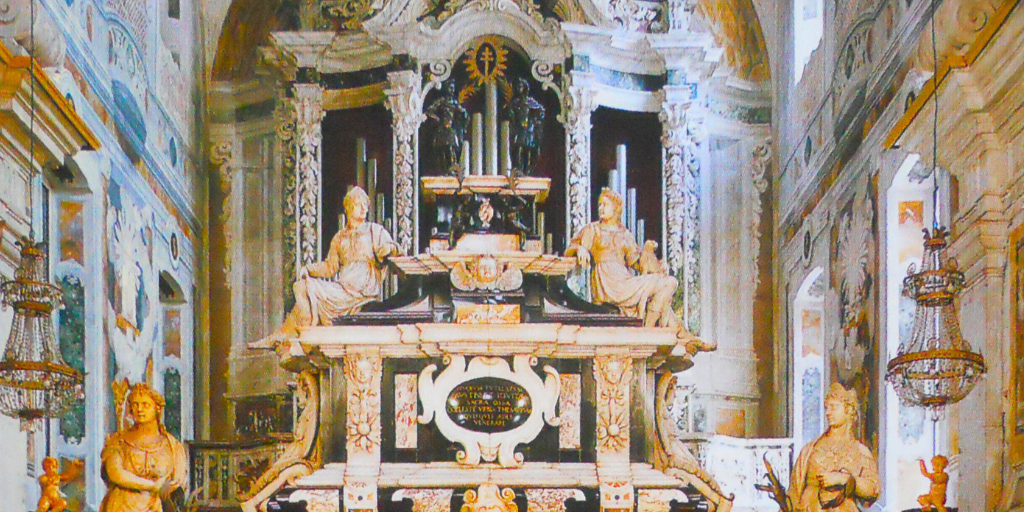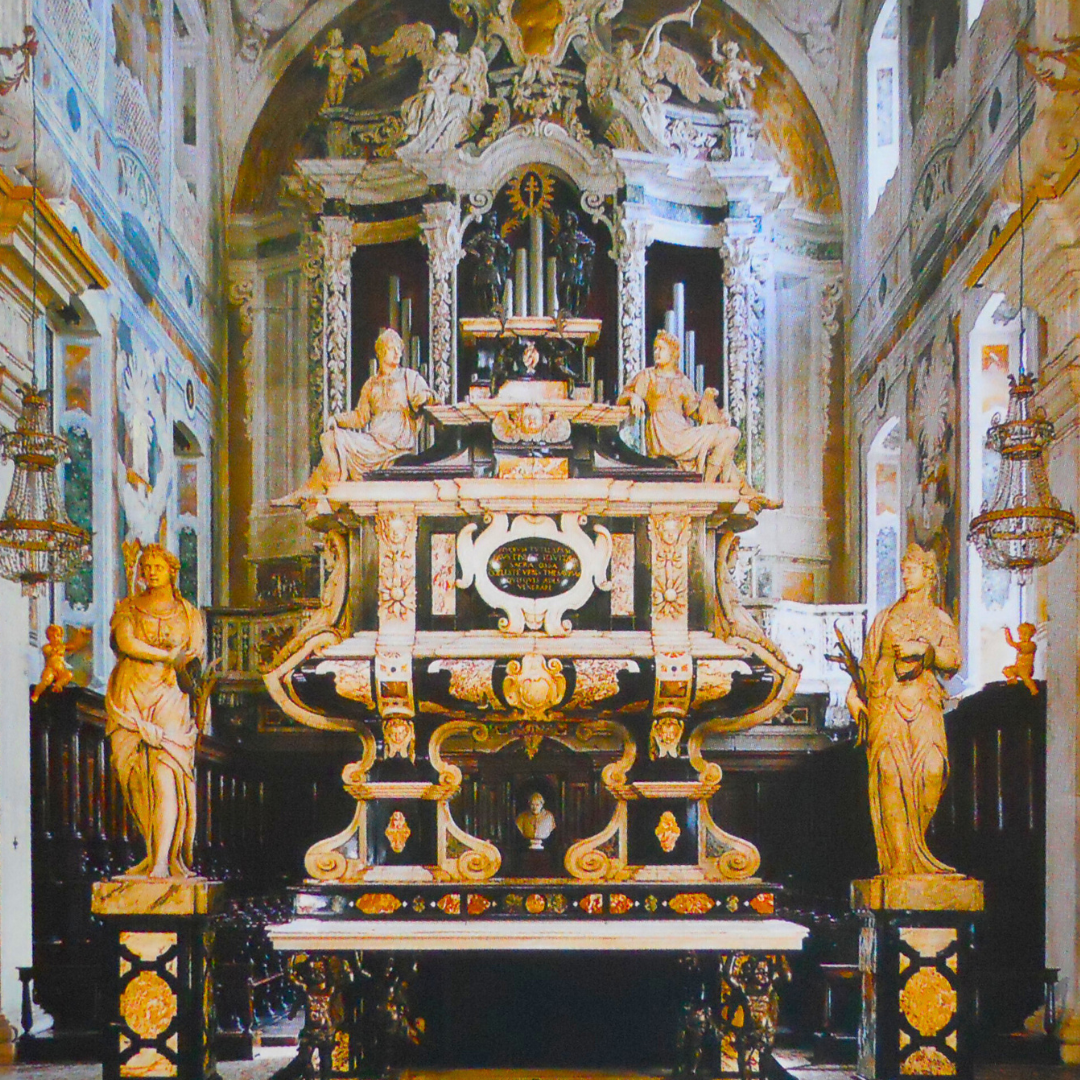
Susan Ciancio shares inspiration from the witness of two early Christian martyrs who lived their lives for Christ and for the good of His children.
“You are light for the world. A city built on a hilltop cannot be hidden. No one lights a lamp to put it under a tub; they put it on the lampstand where it shines for everyone in the house. In the same way your light must shine in people’s sight, so that, seeing your good works, they may give praise to your Father in heaven.” (Matthew 5:14-16)
Matthew’s Gospel reading resonates with the story of two brothers whose feast day we celebrate today. Their courage and love of God earned them a martyrdom but allowed their light to shine to others and help build a culture of life, not just during their time on earth but even after their deaths.
Saints Faustinus and Jovita showed us not only the importance of our earthly families but of our spiritual families. These brothers were born in second-century Italy, when the emperor Hadrian viciously persecuted those who believed in God. Faustinus was a priest and Jovita a deacon, and both were extremely devout in their faith and never tired of teaching others about Christ. Even though they knew they could be killed for their faith, they spoke openly and fervently, letting their light shine as they taught others about God.
According to one account, when an officer arrested Faustinus and Jovita for being Christians, he demanded that they worship the sun. Faustinus replied that they only worshipped the God who created the sun, which gives light to the world.
The brothers were thrown into a fire pit, but neither of them burned. Many witnesses to this were awestruck and converted. The brothers were imprisoned briefly, but it’s said that angels provided them with food. They were eventually beheaded and martyred.
Faustinus’ and Jovita’s steadfast love of God, their unwavering faith, and their courage inspired countless people to convert to Catholicism. They lived their lives for Christ and for the good of His children.

Follow God’s command
Christ told us that our light “must shine in people’s sight, so that, seeing your good works, they may give praise to your Father in heaven.”
That’s exactly what Saints Faustinus and Jovita did. They were not afraid to stand up for their faith and tell others about Christ. Their courage and their love of God brought countless others to Him. And, today, almost 2,000 years later, we remember their courage and their strength.
How many of us have that same courage and strength to stand up for our faith and pro-life truth? Do we teach that moral courage to our children? Do we help them learn to stand up for the “least of these”? This is our job as parents, as grandparents, as teachers, and as godparents. The younger generation depends on us to teach them the same moral courage that the saints had.
Evil exists in this world, and there is no greater evil than abortion. When it comes to standing up for human life, do we let our light shine, or do we keep it hidden? Do we help build a culture of life every day, or do we immerse ourselves in things that may keep us or others from attaining heaven?
Saints Faustinus and Jovita didn’t keep the light of Christ to themselves. They spoke bravely, letting His light shine brightly so that it could illuminate themselves and others. They understood that souls were at stake. As we ponder the lives and actions of these two great saints this week, let their mission be ours as well, for if we do not act upon our faith and build a culture of life in our families and communities, we are wasting the gifts God has bestowed upon us.
So let us remember—and emulate—these brothers’ bravery and their steadfast love of Christ as we build our “city” on a hilltop. And let us ask ourselves: How will others come to know God through me today?

Copyright 2024 Susan Ciancio
Images: (top, bottom) RobyBS89, Public domain, via Wikimedia Commons; (center) Canva
About the Author

Susan Ciancio
Susan Ciancio has a BA in psychology and a BA in sociology from the University of Notre Dame and a master’s in liberal studies from Indiana University. Since 2003, she has worked as a professional editor and writer. She is executive editor for the Culture of Life Studies Program and editor of ALL's Celebrate Life Magazine.


.png?width=1806&height=731&name=CatholicMom_hcfm_logo1_pos_871c_2728c%20(002).png)
Comments